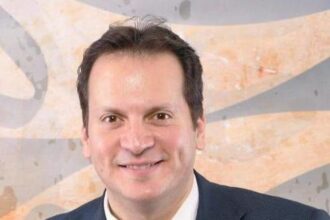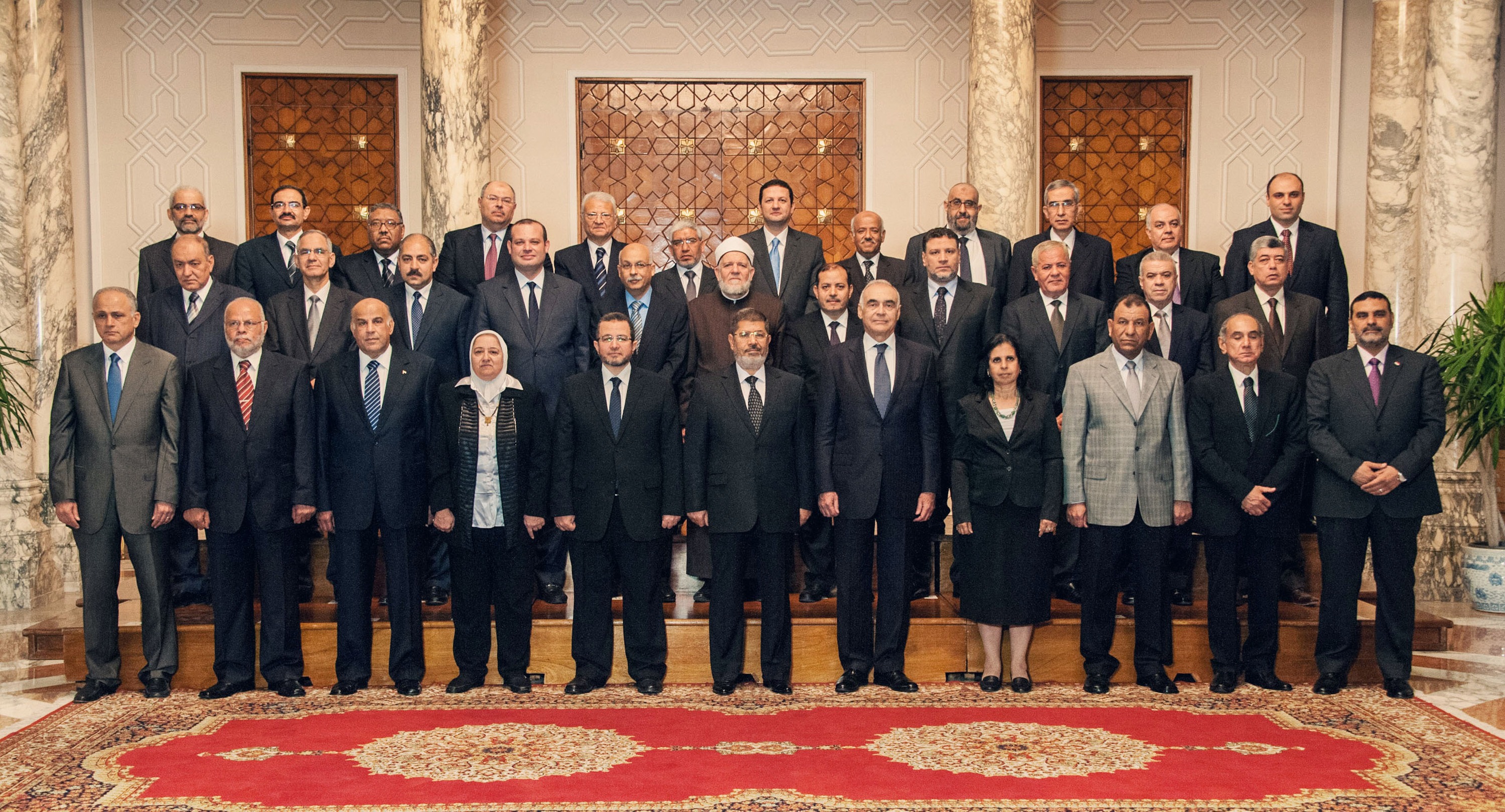As the 15-seat propeller plane dipped hard right through the clouds, as we prepared to land at the US naval base at Guantanamo Bay, Cuba, something rare flashed into view: thick beams of orange, yellow and green light arched from the sky, shining what, for just a moment, looked like rays of optimism over a place that for the past five years has mostly cast a gloomy shadow onto the international reputation of the United States. As if on cue, the rainbow appeared at a time when Bush administration officials are desperate to show the world that a special system of justice they have created here works. It also came on the same day that military officials forged ahead with the war crimes tribunal that has been designed to try a select group among the some 395 men detained at Guantanamo. By Friday, US authorities had achieved something significant. After nearly a half-decade of legal wrangling over the legitimacy of the special tribunal, called in Pentagon-speak a “military commission, a conviction had been reached. Australian Kangaroo-skinner turned Muslim convert and globetrotting jihadist David Hicks had pleaded guilty in exchange for a nine-month prison term to be served in his home country to a charge of providing material support for terrorists. Now, to get justice at Guantanamo, maybe you have to be a white man whose home country is a major American ally, and who’s prime minister, in this case John Howard, conceivably has senior Bush administration officials on speed-dial. After years of neutrality toward Hicks’ detention here, Howard turned up the heat on requests to resolve the case when US Vice President Dick Cheney visited Australia in February. “It’s time, not so much the merits of the case that matter to me, Howard was quoted as saying during the visit. And why wouldn’t it be? With polls showing most Australians wanted Hicks returned home, Howard was evidently referring to his desire to prevent the Hicks saga from festering into a politically damaging stain on his own administration before the Australian parliamentary elections, slated for later this year. The apparent impact of international political maneuvering on the Hicks case caused bile to rise in some throats. “When you have a system where things other than how you arrive at the truth are motivating what happens, then what you have is something that is understood as a sham, remarked Hina Shamsi, deputy director of the law and security program at Human Rights First, as the Hicks case progressed. “One of the most basic fundamental requirements of a trial system that is fair, both in reality and in perception, is that it be free from outside influence, added Shamsi, who was flown to Guantanamo by the Pentagon to witness the Hicks trial. But, a conviction is a conviction. And for the Bush administration it can mean only one thing. Despite what critics call the tribunal’s disorganized and ad-hoc nature, and reports that even Defense Secretary Robert Gates has been among those who agree that the Guantanamo prison ought to be shut down, the Hicks guilty plea will surely and quickly be seized upon by the White House as a long-awaited victory. Better, it will be held up by the administration as proof that this parallel system of justice is capable of turning out results. The Hicks “victory will, in turn, provide the political capital required for the Bush administration to now accelerate forward with its controversial system to try much higher value targets – men like Khalid Sheikh Mohammed, Ramzi bin Al-Shibh and Abu Zubaydah, the transfer of whom from secret CIA prisons to Guantanamo attracted great fanfare when President George W. Bush announced it from the White House last September. In an interview last week, Brig. Gen. Cameron A. Crawford, the deputy commander of the joint military task force that runs the Guantanamo prison, said that in total, officials have the evidence to build cases against between 70 and 90 of the men held. So far, in addition to Hicks, the Pentagon has announced war crimes charges against just two of them. Salim Ahmed Hamdan, a Yemeni, has admitted to once serving as a driver for Osama bin Laden. The other, Omar Ahmed Khadr, is a teenage Canadian national, who allegedly played with bin Laden’s children prior to being captured in Afghanistan. Yet, with the Hicks case decided, consider it now only a matter of time before charges are announced against Khalid Sheikh Mohammed, a Pakistani, who, according to Pentagon transcripts has admitted to masterminding the attacks of September 11, 2001; bin Al-Shibh, a Yemeni, who is said to have also been involved in plotting the attacks; and Abu Zubaydah, a Saudi, whom Bush has described as “a senior terrorist leader and trusted associate of Osama bin Laden. But many questions remain. What will these men be charged with? Will the status of diplomatic relations between the United States and their home countries affect the outcome of their trials and the severity of their sentences, as it so apparently has in the case of David Hicks? Most importantly, will they be executed at Guantanamo, if found guilty? Will family members of those who died on 9/11 be granted the right to watch? And if they are, will a rainbow be shining as their plane descends from the clouds toward Guantanamo Bay?
Guy Tayloris a freelancer writer based in Washington DC and an editor for World Politics Watch (www.worldpoliticswatch.com). He wrote this commentary for THE DAILY STAR.


